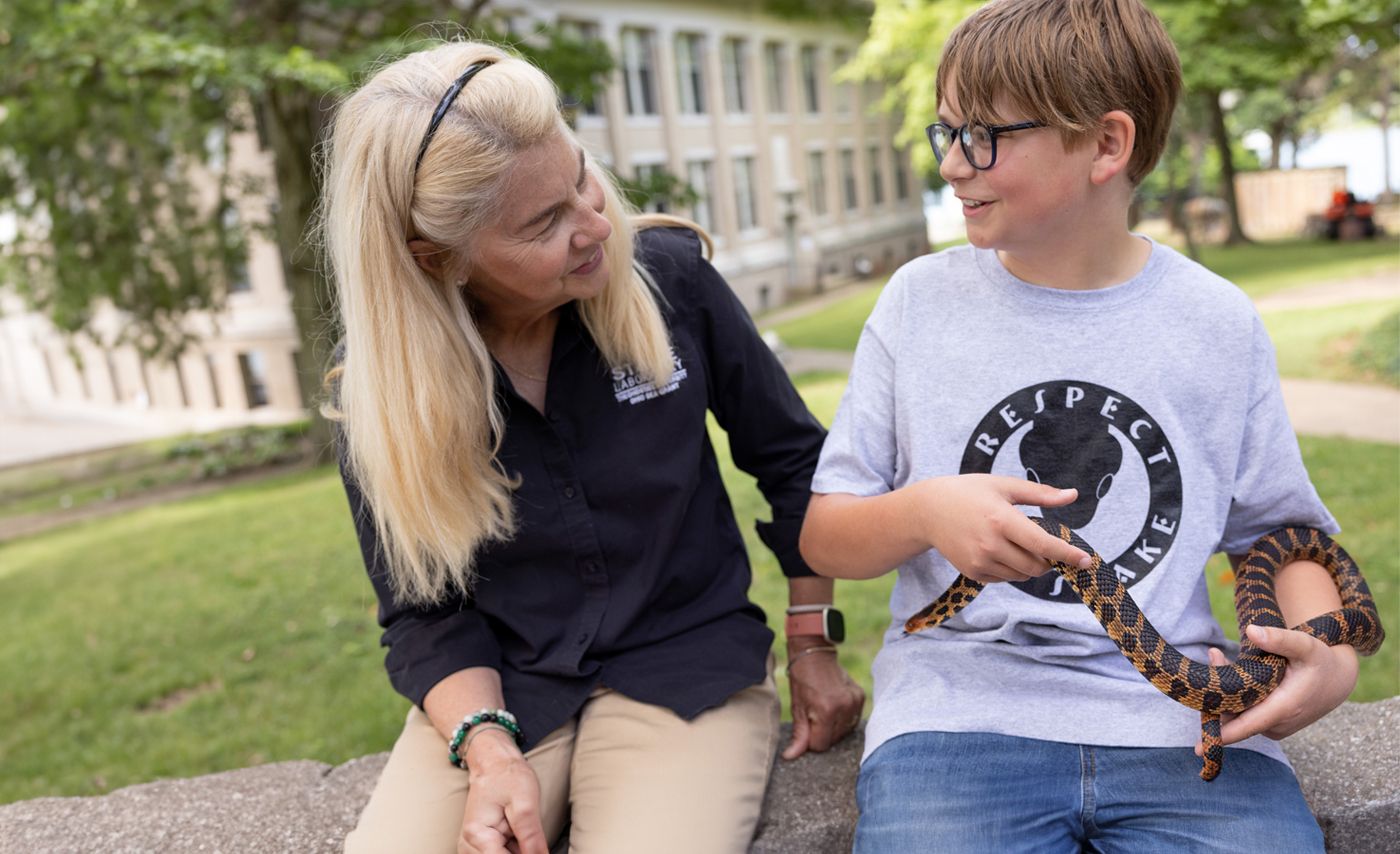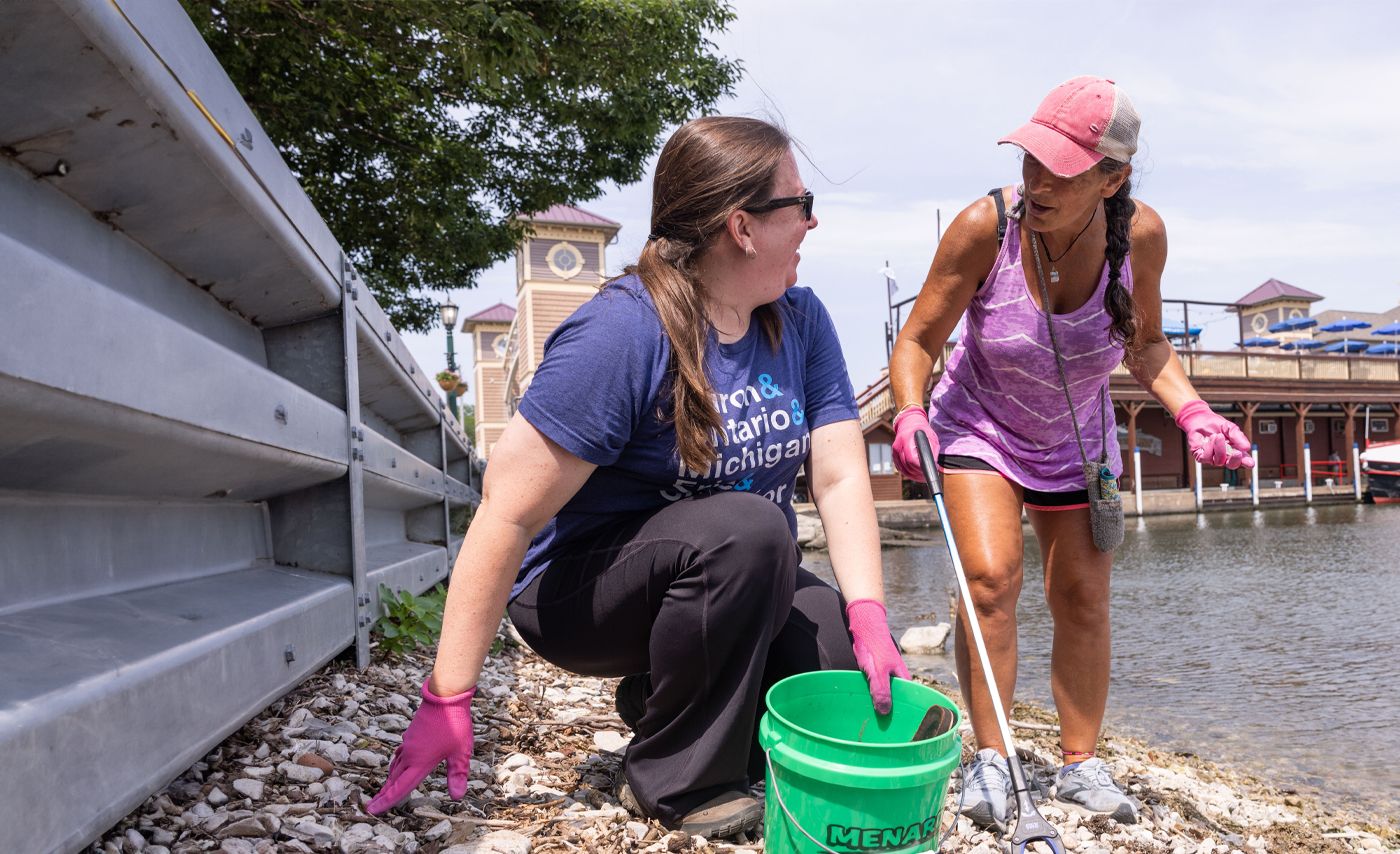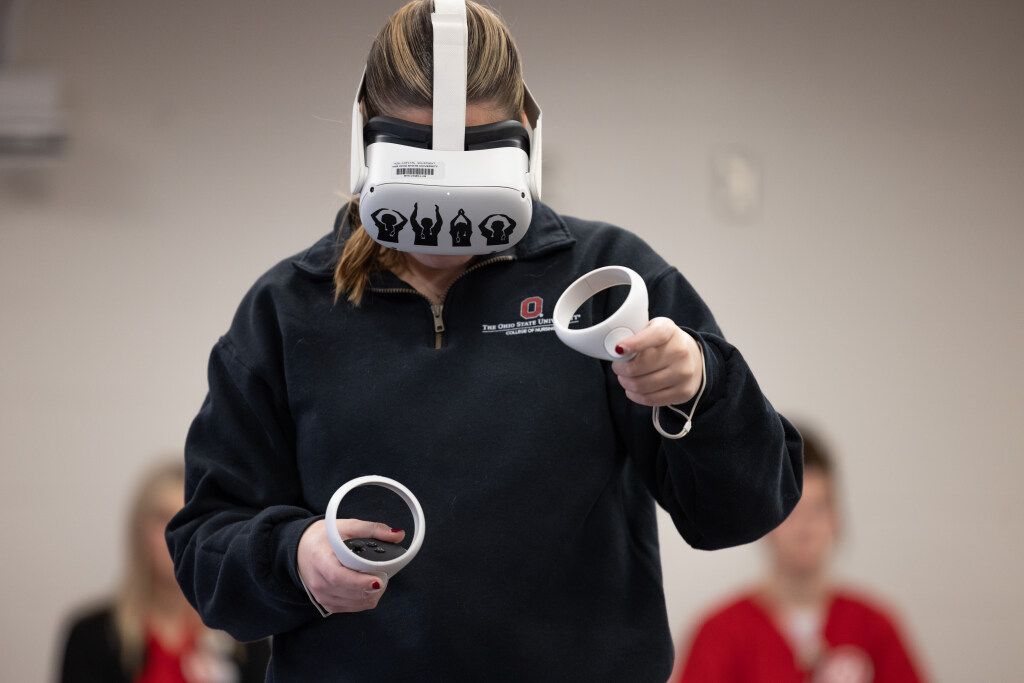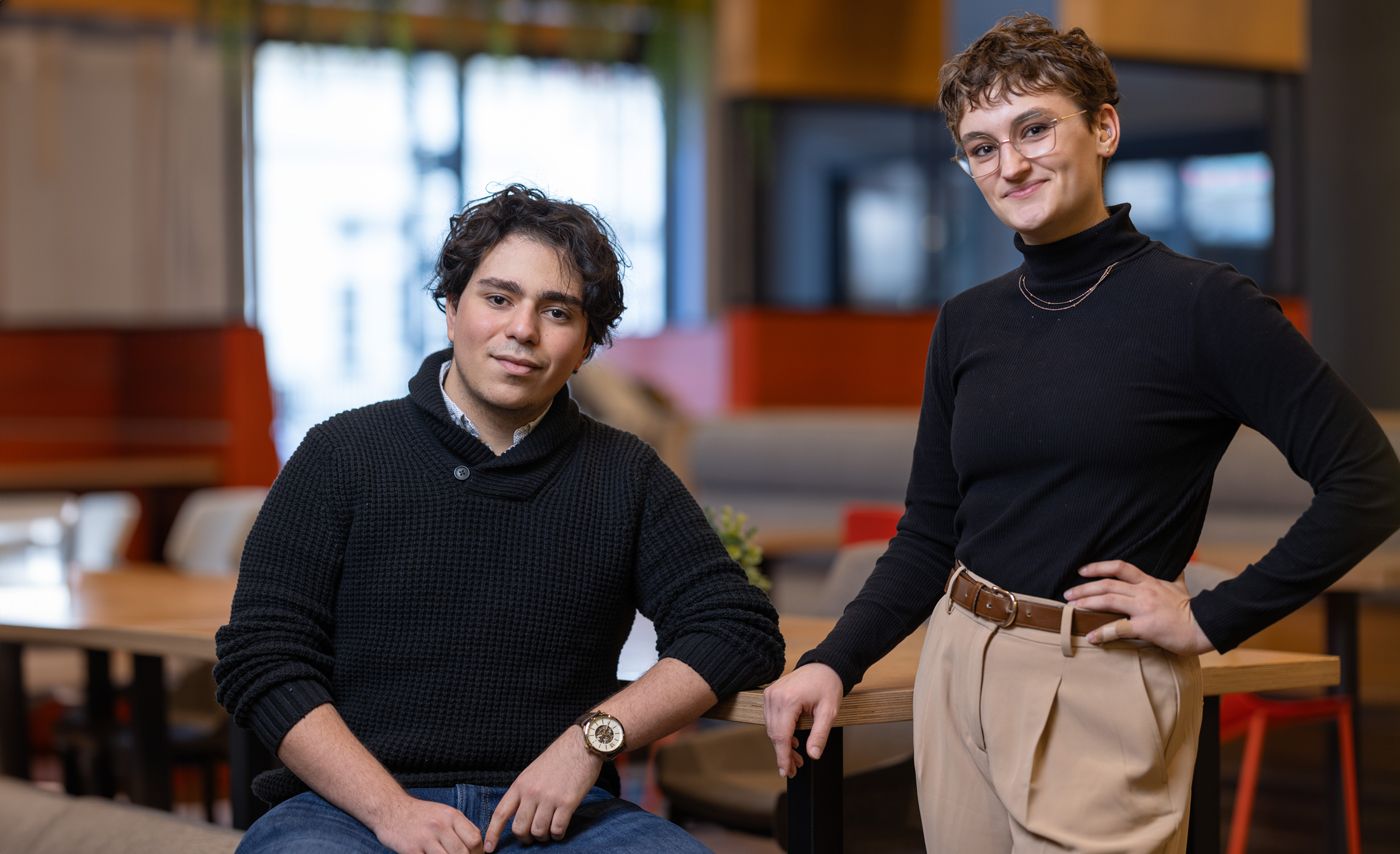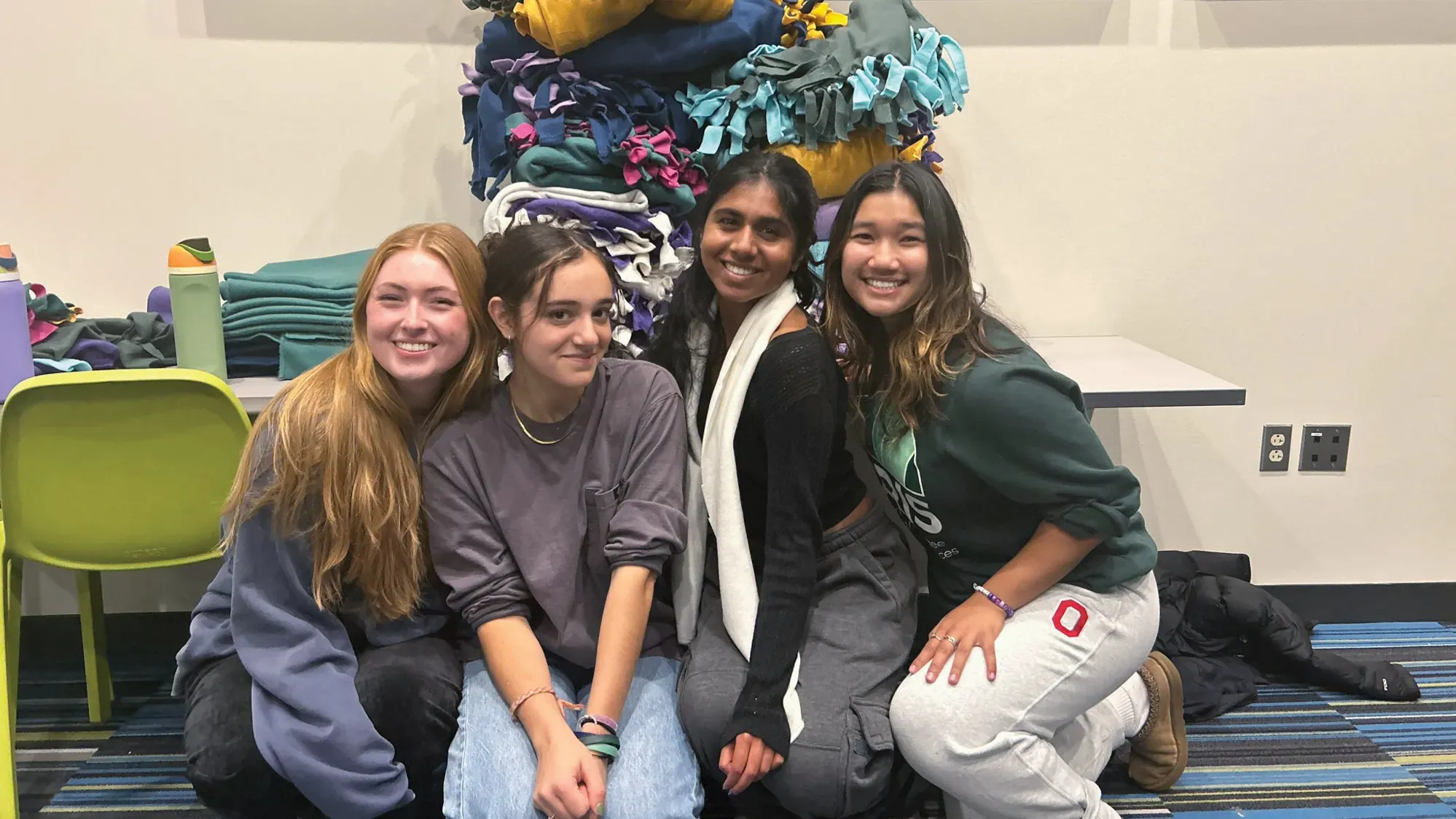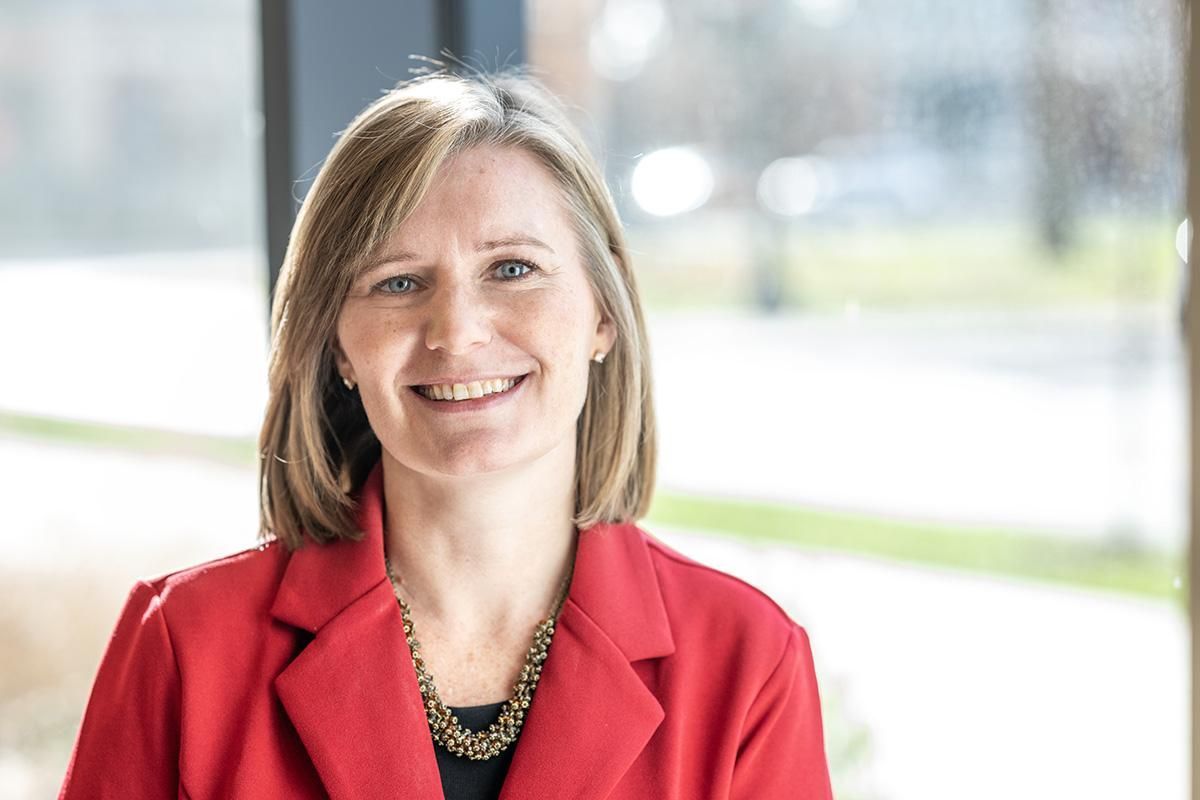Impact
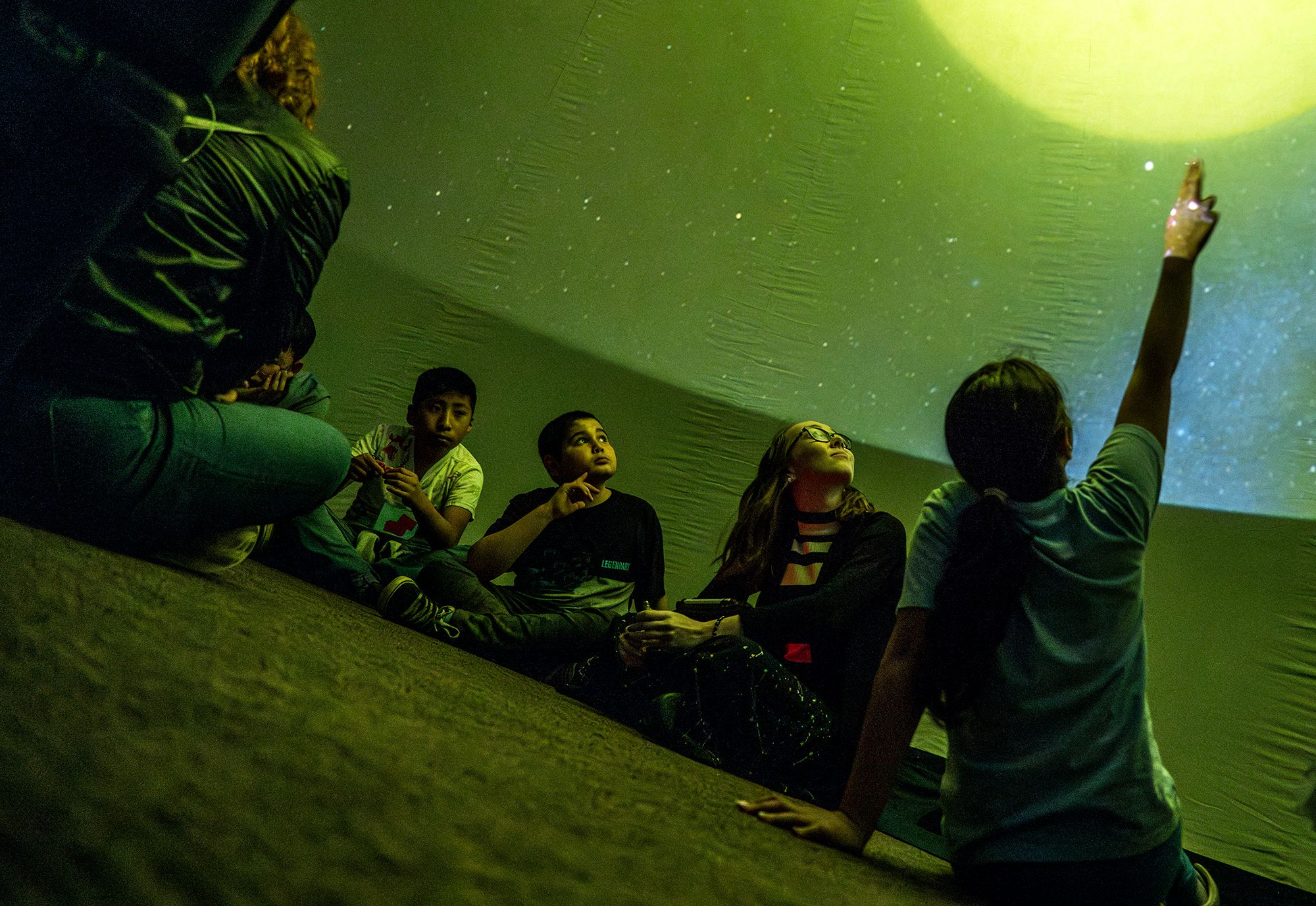
Caitlin O’Brien's lifelong passion for space led her to study astronomy, astrophysics and physics at Ohio State. With help from the President's Buckeye Accelerator, the 2023 graduate now leads Solstice Outreach, a program that uses immersive planetarium shows to reach kids with limited access to STEM experiences.
5-minute read

Ohio State Impact in All 88 Counties
Ohio State is creating the solutions Ohioans need now, and its impact is found throughout all of Ohio’s 88 counties. This work endures today across six campuses, a constellation of health care facilities, extension offices and agricultural research stations, supported by staff and students from every county.
Featured Stories
Now at Ohio State
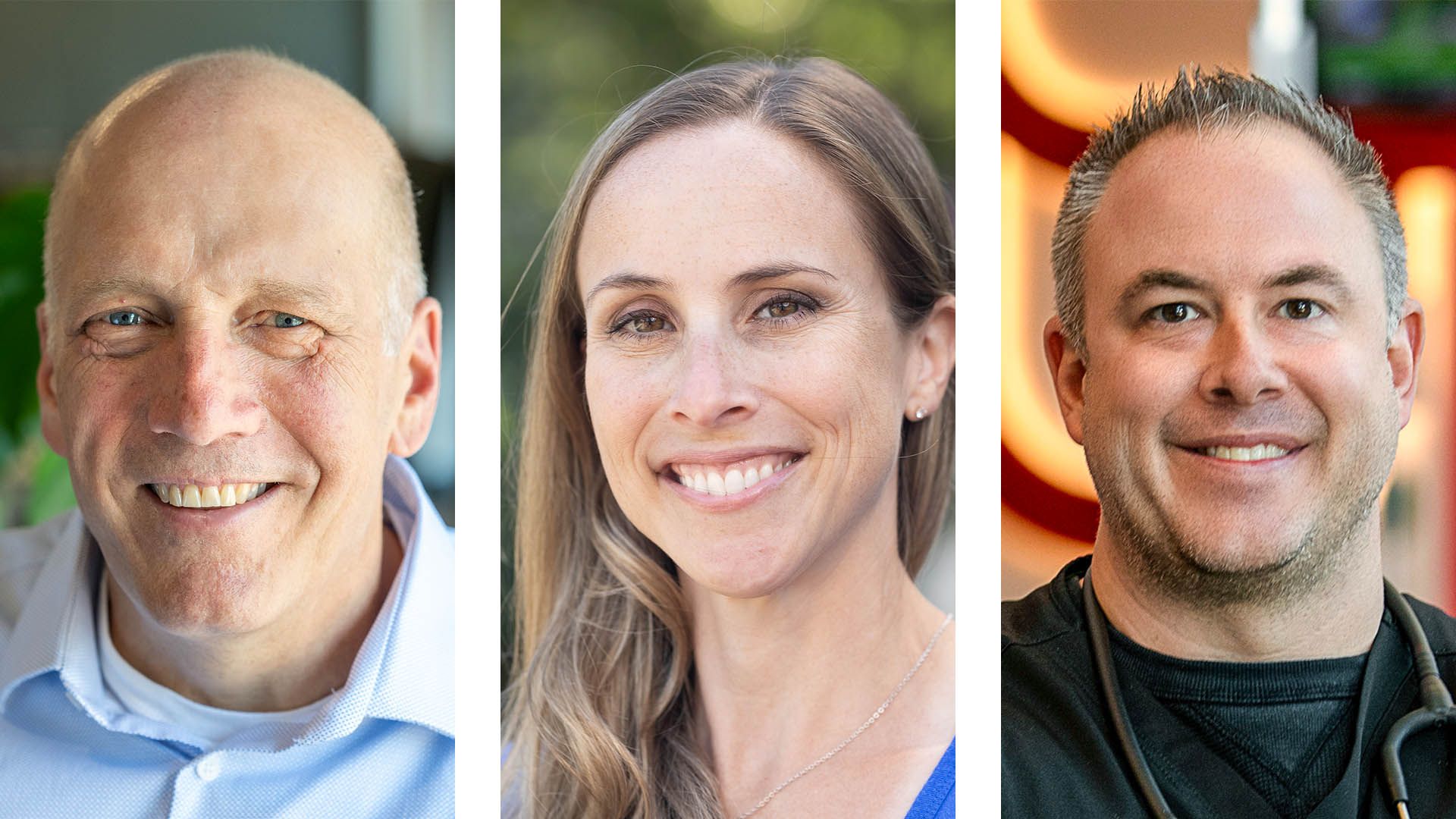
Episode 25
Tornadoes — a phenomenon both fascinating and terrifying. In this episode, we delve into the mesmerizing science of these storms and the bravery of those who study and respond to them. Discover how tornadoes form, their devastating impacts and the crucial work of researchers and emergency responders who face these storms.
34-minute listen
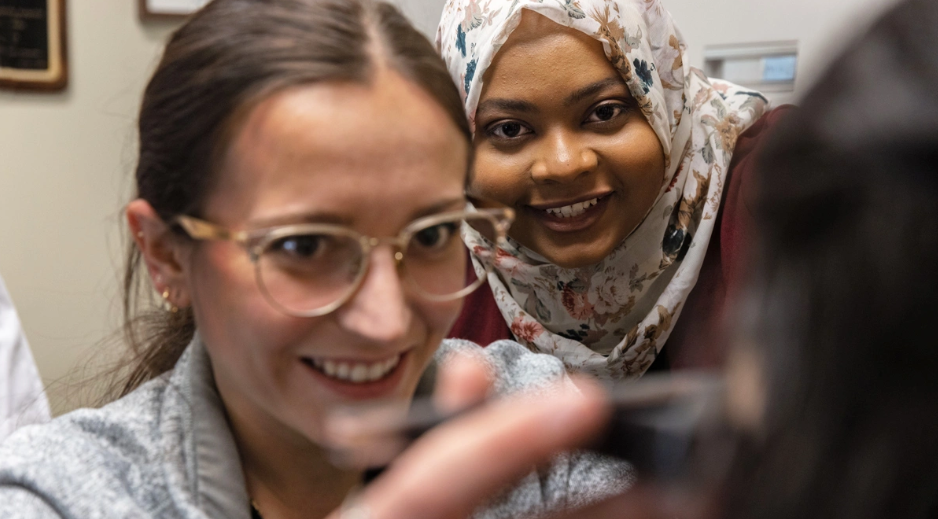
Inspired by her professors and personal immigration experience, this compassionate optometrist provides quality care to disadvantaged community members and teaches her students to treat patients as people first.
9-minute read
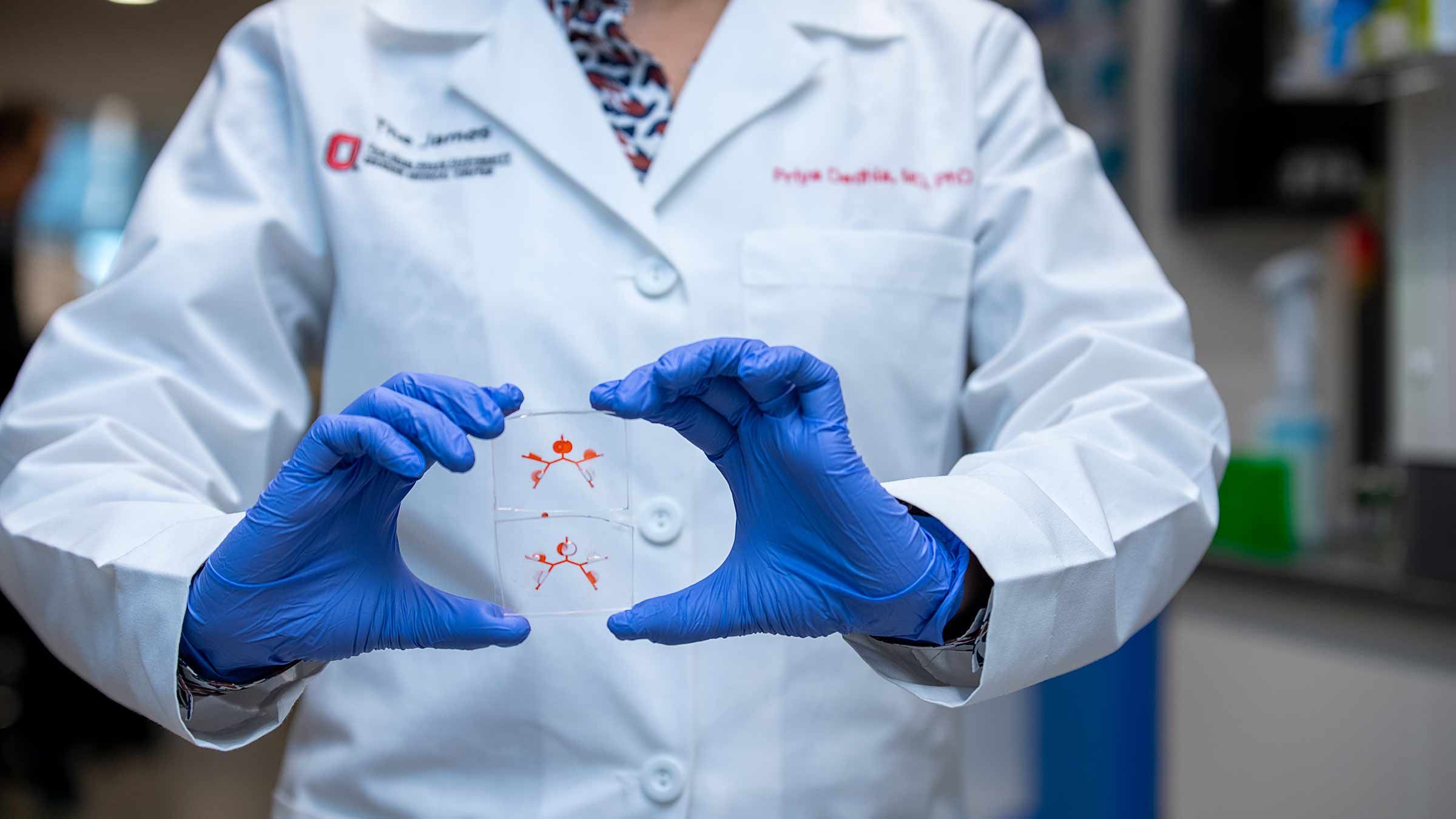
The Skardal Biofabrication Lab is building tiny, lifelike organs and tumors from a patient’s own tumor cells. It’s a new way to test therapies, design treatments personalized for specific tumors and track the behavior of tumor cells.
9-minute read



